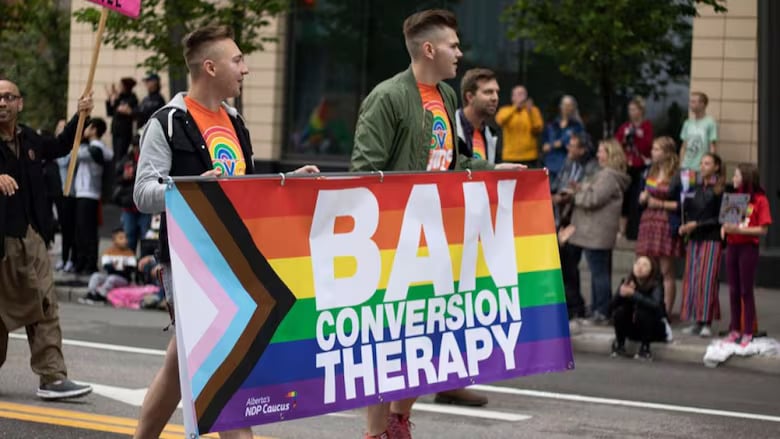Supreme Court to Hear Landmark Case on Colorados Conversion Therapy Ban
The U.S. Supreme Court has agreed to hear a case that could decide the future of conversion therapy bans across the country. The case, Chiles v. Salazar, challenges Colorados protections for LGBTQ+ youth and raises questions about the balance between free speech and the states authority to regulate health care.Whats the Case About?At the center of the dispute is Colorado counselor Kaley Chiles, who argues that the states ban on conversion therapy for minors violates her First Amendment rights. She filed suit against Colorado, naming Patty Salazar, head of the Department of Regulatory Agencies, as the states representative in the case.Colorado defends its law as a narrowly tailored regulation of health care that shields young people from practices shown to increase depression, anxiety, and suicide risk.What Exactly is Conversion Therapy?Conversion therapy refers to attempts to change a persons sexual orientation or gender identity. While often framed as counseling, the practices lack any medical legitimacy. Historically, they have ranged from talk-based approaches rooted in discredited theories to disturbing aversive techniques.Major medical organizations agree: theres no evidence conversion therapy works, and plenty of evidence it causes harm.Colorados ProtectionsColorados law is in line with more than 20 other states. It bars licensed mental health providers from performing conversion therapy on minors. Importantly, the law does not restrict religious counseling or prevent therapists from supporting clients in exploring their identities. The restriction applies specifically to efforts to direct a child toward becoming straight or cisgender.What the Research ShowsDecades of studies point to serious risks. LGBTQ+ youth subjected to conversion therapy are more than twice as likely to attempt suicide. They also face higher rates of depression, anxiety, substance use, and fractured family relationships. Survivors often report long-term trauma, guilt, and shame.Expert ConsensusFrom the American Psychiatric Association to the American Medical Association, every major professional group has denounced conversion therapy. Advocates argue that protecting minors from harmful pseudoscience is an ethical responsibility.Religious voices have also joined the call. Nearly 400 faith leaders worldwide signed a 2020 declaration urging governments to end conversion therapy, and many former ex-gay leaders have since condemned the movement.Public opinion reflects that shift. A 2025 poll found 56% of Americans support making conversion therapy on minors illegal.What Comes NextThis isnt the first time bans on conversion therapy have been challenged. Lower courts have consistently upheld them, and the Supreme Court has previously declined to intervene. But with this new case on the docket, the justices will now weigh in directly.If Colorados law is upheld, states can continue to protect minors from conversion therapy. If struck down, states may lose the ability to regulate the practice at all. The ruling could shape the future of LGBTQ+ protections nationwide.The Trevor Projects RoleThe Trevor Project, alongside the American Foundation for Suicide Prevention and the National Alliance on Mental Illness, submitted a friend of the court brief highlighting the harms of conversion therapy. Their filing included peer-reviewed research, national survey data, and first-hand accounts from survivors.For years, The Trevor Project has been at the forefront of advocacy against conversion therapy, working toward a future where LGBTQ+ youth are safe, supported, and free from coercive practices.Source



